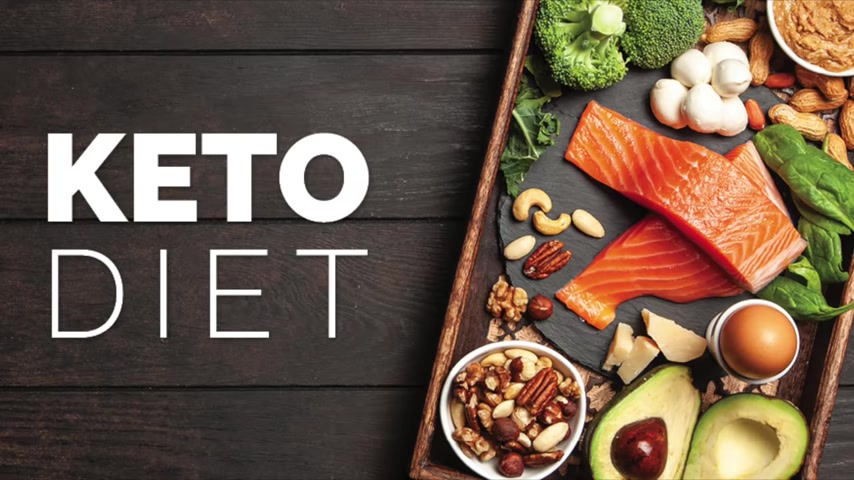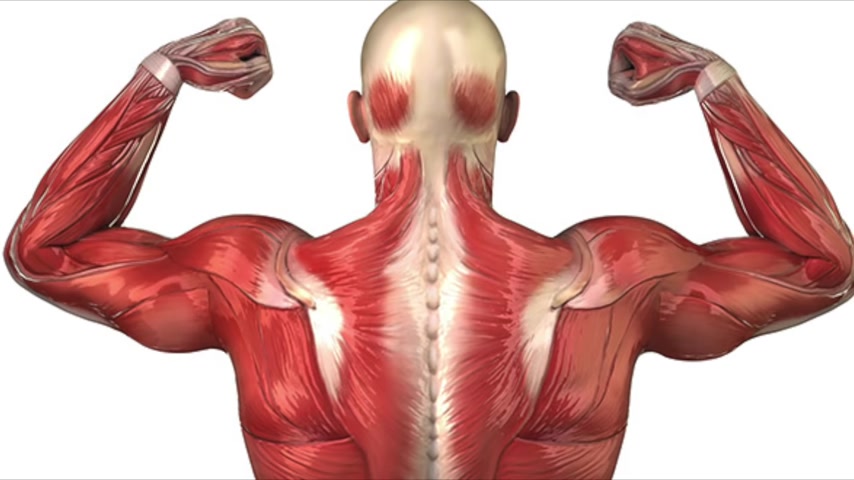
https://youtu.be/FbRpfe7Iruo?si=AKb1lOC7vHaH2MVG
The Top Sign That You're Consuming Too Much Protein

Now , this is an important video to make sure you're not consuming too much protein .
So I'm going to tell you the top sign to know that you're consuming too much protein .
And the number 1 symptom is gastrointestinal malaise .
Now , what is this gastrointestinal malaise ?
Well , it's a general discomfort and uneasiness in your digestive system .
Like you just feel something's not right .
Number 2 , dysphoria .
There's some alteration in how you feel .
Dysphoria is a state of generalized unhappiness , restlessness , dissatisfaction , or just frustration .
You just don't feel very good .
And then we get number 3 lethargy .
This is lack of energy , sluggishness , and just a lack of enthusiasm .
And number 4 , weakness .
So all 4 of these symptoms can indicate that you're consuming too much protein .

Now on a ketogenic diet , you should never go past 30% of all your calories being protein .
In fact , I recommend keeping your protein calories roughly about 20% .
Cause what's going to happen is you might start getting increased bun , blood , urea , nitrogen .
And so you're going to get a lot of protein waste .
And you may see your urine being a bit foamy and having a very , kind of a weird odor , but here's the thing , the skeletal muscle protein synthesis , which is your dietary protein turning into muscle protein and repair occurs when you're consuming protein , you know , up to about 25 grams per meal .
But as you start to go over this number , you get less and less protein synthesis , and you're going to get more and more oxidation where that protein is going to be burned as fuel because it's going to turn into sugar .

So if you were to double that number , let's say you're consuming 50 grams of protein per meal , Half of that protein is not going to be used for synthesis , the creation of new muscle or the repair of muscle .
It's going to be used as oxidation or fuel .
Now what's this going to do to your keto plant ?
It's going to reduce your keto adaptation .
It's going to increase your blood sugars .
It's going to increase your insulin a little bit , not as much as sugar , but it's going to increase it to a modest amount and it's going to drop your ketone production .
So So going on a keto plan is not doing high protein .
It's doing a moderate amount of protein .
So if you're enjoying my content , which I hope you are , and you're applying this knowledge to your health and you have a success , I'd really appreciate you sharing your success story .
So click the link down below to my website where you can upload your success story so you can help inspire others .

Are you looking for a way to reach a wider audience and get more views on your videos?
Our innovative video to text transcribing service can help you do just that.
We provide accurate transcriptions of your videos along with visual content that will help you attract new viewers and keep them engaged. Plus, our data analytics and ad campaign tools can help you monetize your content and maximize your revenue.
Let's partner up and take your video content to the next level!
Contact us today to learn more.